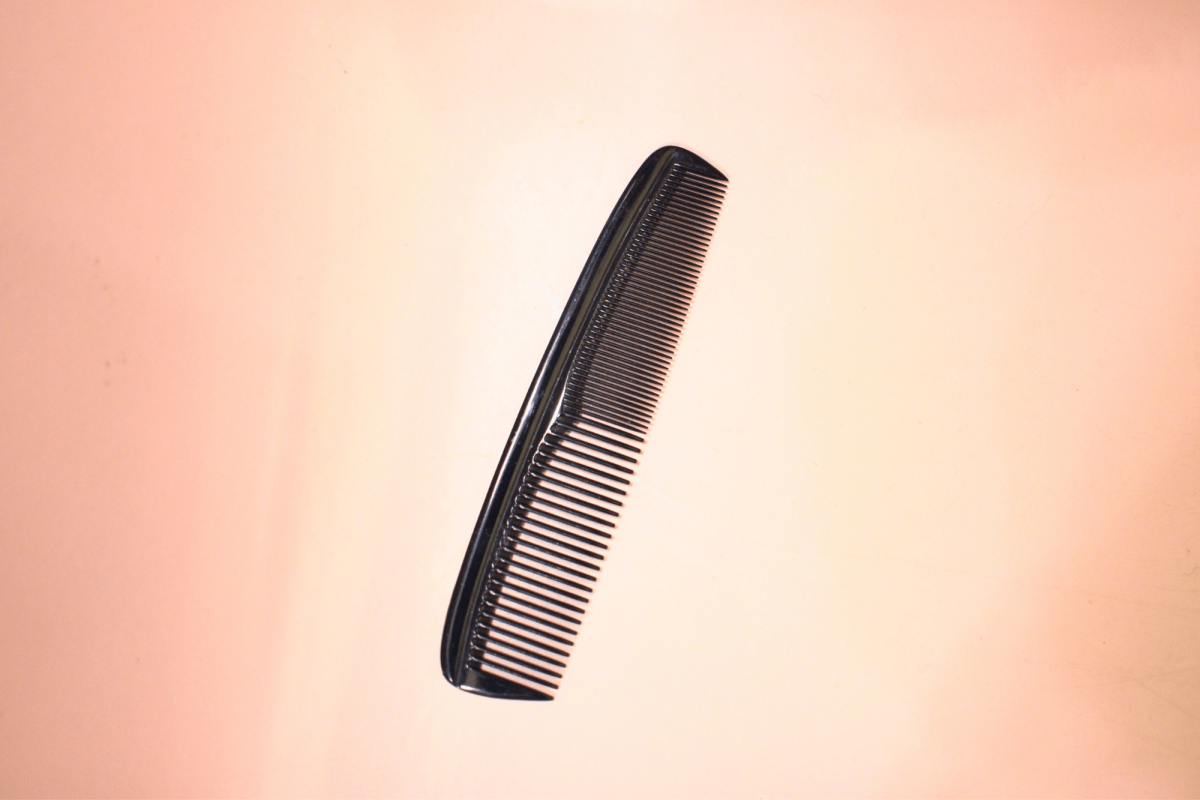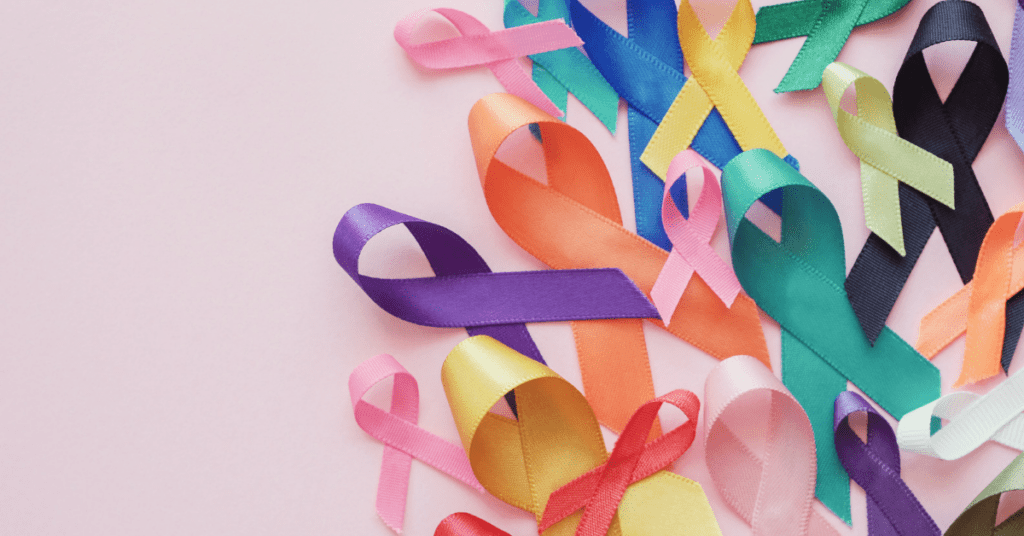You may not realize how important your hair is to you and your identity until you face losing it. Unfortunately, if you are diagnosed with cancer and will be going through chemotherapy treatment, the possibility of hair loss is very real.
Hair loss can be an outward symbol of the battle within, and a distinctive sign of cancer. If you are not yet comfortable with sharing your diagnosis with others, you may be extra fearful about this particular side effect.
But as they say, knowledge is power. To help you maintain your feeling of control and identity as you work toward recovery, here is a guide to dealing with both the physical and emotional effects of hair loss from chemotherapy.
Why Does Hair Loss Occur?
Chemotherapy drugs work by attacking rapidly growing cancer cells in your body. Unfortunately, these powerful medications cannot differentiate between cancer cells and other cells that grow just as quickly, including those in your hair roots. As a result, you may experience hair loss all over your body, including your scalp, eyebrows, eyelashes, armpits, and pubic hair.
Certain patients undergoing chemotherapy may only experience some thinning, while others have no hair loss at all. It will depend on a plethora of factors, including the type of cancer you have, the stage you are in, the dosage of medications you are on, the frequency of treatment, and your general health and wellbeing. There are various chemotherapy drugs, and some are more likely than others to cause hair loss. But even people on the same chemotherapy regimens can experience different amounts of hair loss.
Fortunately, hair loss from chemotherapy is temporary. Regrowth typically starts three to six months after your treatment ends, although your hair may temporarily be a different texture or shade.
How Does Hair Loss Occur?
If hair loss is one of the side effects that you end up experiencing, don’t expect to wake up one day completely bald. It typically falls out in clumps, usually two to four weeks after you start chemotherapy treatment. You will notice loose hair accumulating on your pillow, in your shower drain or sink, and on your hairbrush or comb. This hair loss will continue throughout your treatment and even up to a few weeks after completion.
When Will Your Hair Grow Back?
When your chemotherapy treatment is complete, it may take several weeks or months for your hair follicles to recover enough to start producing hair again. When it does begin to grow back, there is a chance it might have a different texture or color. This change is usually temporary until the cells that control your hair’s pigment and texture begin properly functioning again.
How to Care for Your Hair Before, During, and After Chemo
Whether you lose all of your hair, some of it, or none at all, there are a few ways to care for your hair and your self-image that can make the transition a little bit easier.
Before Treatment Begins
- Be Gentle to Your Hair: Do not bleach, color, or perm your hair. These processes use harsh chemicals that can damage and weaken your hair. Avoid using any heating tools, such as blow dryers, curling irons, or hair straighteners. If you take care of your hair now, it might persist longer during your course of chemotherapy treatment.
- Consider a Shorter Cut: Not only does shorter hair tend to look fuller than long hair, but if your hair starts falling out, it might not be as noticeable on shorter lengths. Also, cutting your hair can prepare you for a significant style change and make the transition to hair loss a little easier.
- Start Planning Your Hair Coverings: You might want to preemptively start choosing wigs, scarves, hats, or other hair coverings if trying to conceal your hair loss is something important to you. Bookmark styles you like and may even look forward to wearing.
During Treatment
- Continue Being Gentle: You should still be implementing the strategies you started before beginning treatment. Do not perm, color, or bleach your hair and continue to avoid hot tools. Wash your hair only when necessary and use a gentle shampoo, such as baby shampoo.
- Think About Shaving Your Head: Once treatment begins, some patients complain about having a sensitive, irritated, and itchy scalp from the chemotherapy and hair loss. Shaving your head can reduce irritation and make things easier on you if you are stressing about your hair falling out in clumps.
- Protect Your Scalp: Just like with the skin on the rest of your body, your head is going to need to be protected with sunscreen. Your scalp may also be sensitive to temperature, so extreme cold can also easily irritate it. A head covering can make you feel more comfortable and warmer.
After Treatment Ends
- Continue Gentle Hair Care: As your scalp continues to recover, your new hair growth will be especially fragile, so continue to avoid chemical treatments, such as bleach and color, and heating tools. They can irritate your sensitive scalp and damage your new hair.
- Be Patient: Hair growth takes time, so the chances are high that your new hair will come in slowly and not look normal right away. Be kind to your scalp, your new hair, and yourself throughout this process.
How to Be Kind to Yourself During Hair Loss and Regrowth
First and foremost, you are more than your hair. Of course, losing your hair can be difficult to accept, but that’s normal. As a cancer patient, you are already dealing with many changes, so cut yourself some slack and be gentle with yourself.
Remember You Are Still You: As you go through treatment and begin to lose your hair and experience other physical changes, it may be disorienting to look in the mirror and not recognize yourself. Try to remember that you are still the same person on the inside. Focus on those qualities and celebrate who you are.
Give Yourself Time: It may take some time to adjust to how you look and to be able to accept yourself without hair. This is completely understandable, and it is perfectly okay to feel upset, but try to remember that this hair loss is usually temporary. After completing treatment, your hair should begin to regrow.
Practice Daily Affirmations: If you are fighting cancer, you’re probably dealing with huge amounts of stress, anxiety, and even guilt. Again, these feelings are completely normal. But over time, they can wear down your inner strength and physical resiliency. Practice being kind to yourself with mantras or affirmations. Every time you look in the mirror or at your body, try to look at the positive, such as your eyes or smile, and tell yourself how amazing and beautiful you are. After a time, you can reprogram your brain to these more positive thought patterns.
What to Expect During Hair Regrowth
Several factors can affect your rate of regrowth, including your dose of chemotherapy, the schedule you are on, and how healthy your hair was prior to receiving treatment.
Be prepared that your hair may grow differently than it did before treatment. It may be a different color, shape, or texture. You might even hear the phrase “chemo curls,” which refers to hair that was straight before treatment but then grows curly afterward. This occurs because chemotherapy can affect the inner root sheath cells, which determine hair texture. These changes are usually temporary, and the hair tends to revert to its normal texture over time.
What Are Some Hair Loss Resources?
Hair loss is an iconic side effect common among cancer patients, and it’s important to remember that you are not alone. Here are some organizations that provide resources for individuals that experience hair loss due to a cancer diagnosis:
- CancerCare: CancerCare has a Wig Clinic that aims to empower women diagnosed with cancer to cope with dignity and confidence. CancerCare provides women going through chemotherapy a free wig to look and feel their best during treatment and beyond. Each patient receives an individual 30-minute consultation to meet with a professional wig fitter and try out new wigs in various colors, lengths, and styles. You can contact them at www.cancercare.org and 1-800‑813‑HOPE (4673).
- Locks of Love: A non-profit that provides hairpieces and wigs to patients under 21 who are experiencing long-term medical hair loss, either from cancer or another diagnosis. To make a donation or inquire about their services, visit www.locksoflove.org or call 1-888-896-1588.
- The Look Good Feel Better Program: This program is designed for cancer patients who need help coping with the effects treatment has on their appearance. The program includes workshops and professional advice on how to deal with hair loss and how to use scarves, hats, wigs, hairpieces, and other accessories. You can reach them at www.lookgoodfeelbetter.org or 1-800-227-2345.
Aynjil Insurance
Hair loss from chemotherapy affects people all around the world, and South Africa is no exception. Around one in four South Africans are diagnosed with cancer, but many insurance companies in South Africa only offer cancer insurance as part of a larger package. While dealing with cancer among our own loved ones, we saw firsthand how complex this disease can be, both medically and in a patient’s daily life. That’s when we realized that built-in cancer cover was insufficient. So we created Aynjil Insurance — to better serve cancer patients and their families throughout their difficult cancer journey.
Our benefits are unique. We offer a thoughtful, cancer-specific insurance product that has no fine print, no ambiguous clauses, and is priced as economically as possible. At Aynjil, we provide you with access to top-tier oncologists to get a second opinion that gives you peace of mind. Plus, we are always evolving our products and services to include alternative therapies, mental health, and the latest medical innovations.
Best of all, signing up is easy. You can sign up online within minutes by answering just six questions. We will give you a quote for your monthly premium and issue your policy immediately upon your acceptance.
Ready for insurance that cares? Visit our website today to see how Aynjil insurance is different and why we are your best partner on the journey to a successful recovery.
Marketing by Joseph Studios



